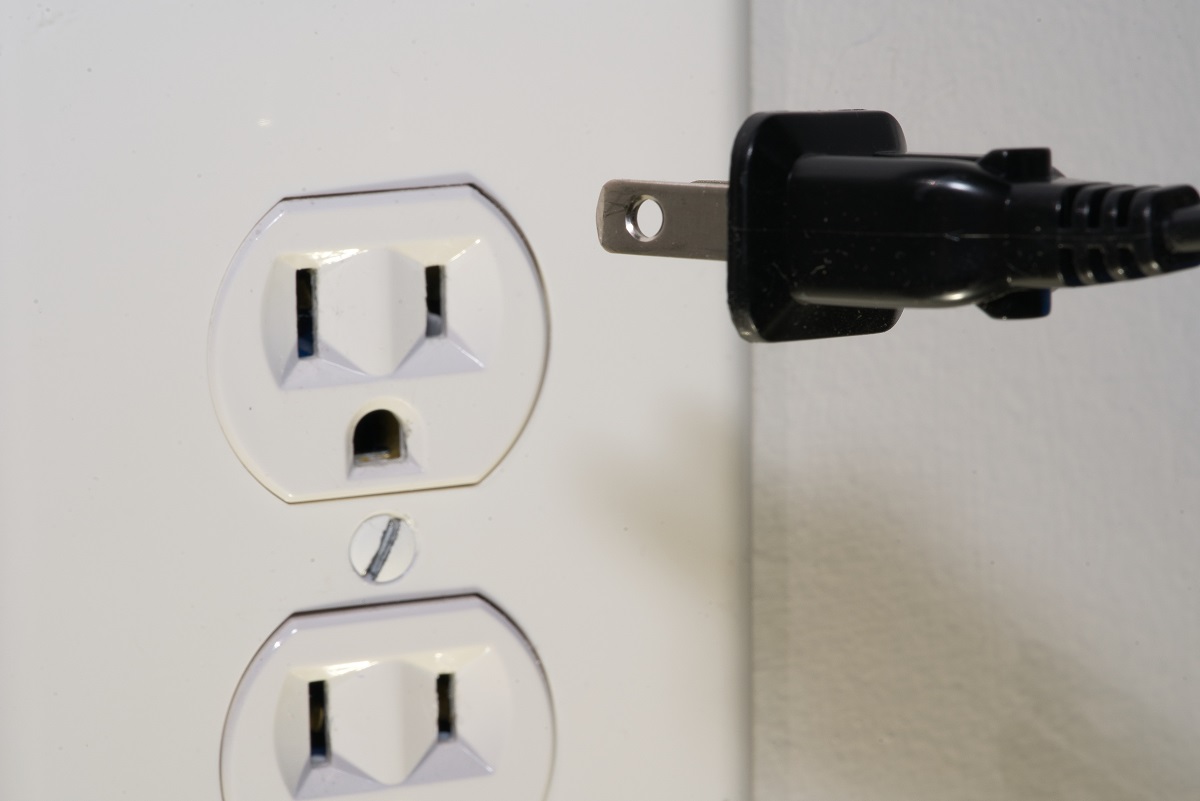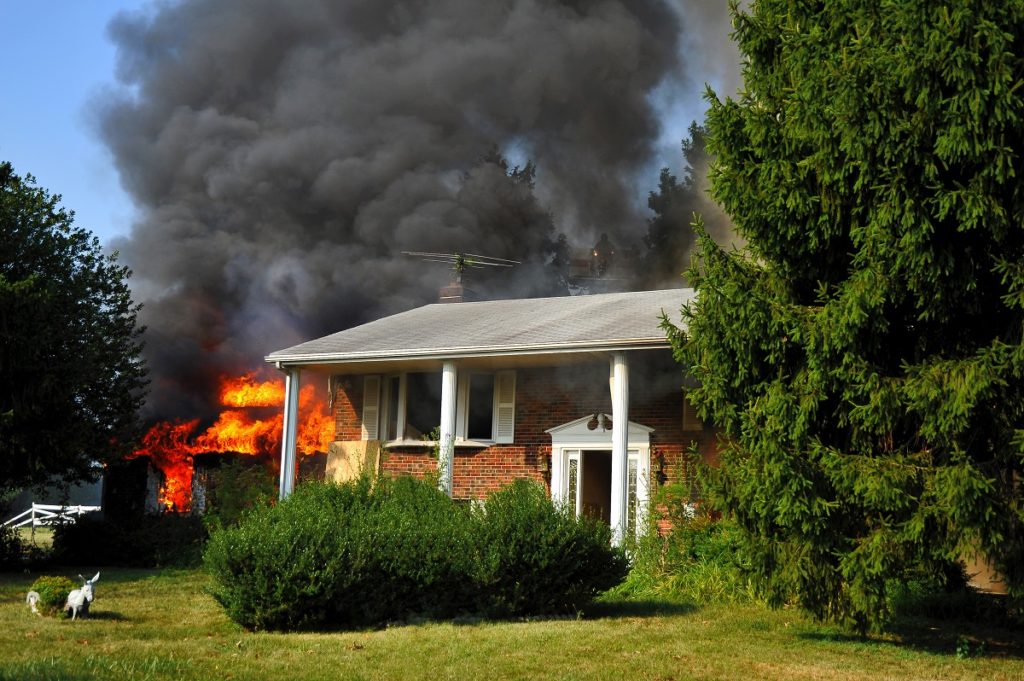Among the tragedies that can strike a household, one of the most underestimated ones is a fire. One reason for this is that we use fire so often in our everyday lives, that we forget how deadly it can become when it goes out of control.
Even small fires can do a lot of damage. Although they might not end up killing anyone or burning down the whole house, they can still cause damage to your interiors and furniture that would cost good money to repair. Worse, a fire could end up damaging heirlooms or mementoes, which no amount of money can replace.
As a result, it is always wise to have fire protection systems in place in your home, such as a smoke detector or fire hydrant pump. This way, people can be easily alerted if there is a fire happening and have the necessary tools to quickly deal with it.
Here are some of the items and areas in your house most prone to catching fire:
Kitchen area
Given that it houses stoves, ovens, and other appliances whose job it is to generate heat, it is no surprise that the kitchen is where a good number of home fires start. The severity of the fire can even be compounded by the flammable materials, such as oil and gas, that are used in the cooking process. Furthermore, the fact that kitchens are typically quite small and contain many items that are located next to each other helps the fire spread even more rapidly.
Hence, while you are cooking, it is important to keep an eye on the stove at all times. Make sure that nothing is placed too close to the burners so that nothing will be in danger of catching fire and starting a blaze.
Heating appliances
The modern equivalent of fireplaces, heaters are very useful in keeping the house warm during the cold months. However, given that their job is to produce heat, they are involved in many house fires that occur annually, especially in winter.
Like any other appliance, heaters may overheat due to frequent use and lack of maintenance. Hence, when using heating appliances, it is important that you only plug in one into an outlet or extension cord. Make sure that they are also kept at a reasonable distance from flammable items. Most importantly, always remember to turn your heating appliances off as soon as you leave your home so that they will not overheat and cause a fire while you are gone.
Electrical Outlets

Because they are the hotspots for conductivity in the house, you should always keep an eye on your electrical outlets. If these are defective, they could cause sparks or even small explosions when you plug in an appliance. These, in turn, can lead to fires, especially if there is a gadget that is plugged in.
Hence, you always want to check whether or not any outlet is showing signs of wear. The same is true also for the wires that you plug into them. Moreover, it is also recommended that you unplug any appliance or gadget that is not in use to avoid overheating. In relation to this, be sure to also keep flammable materials away from electrical sockets to ensure that a fire will not result from a small spark.
